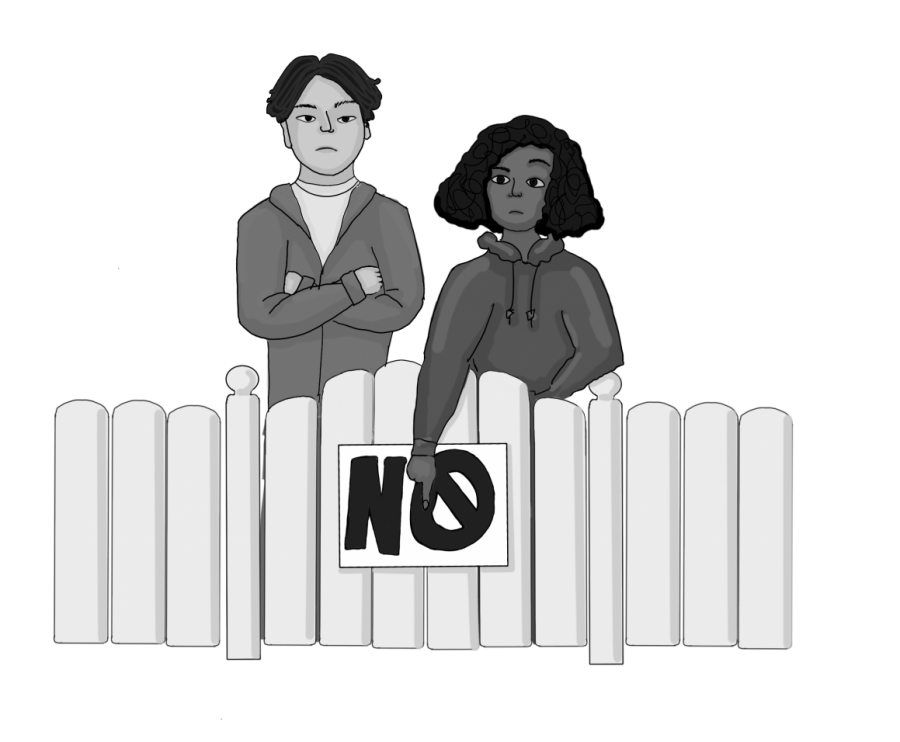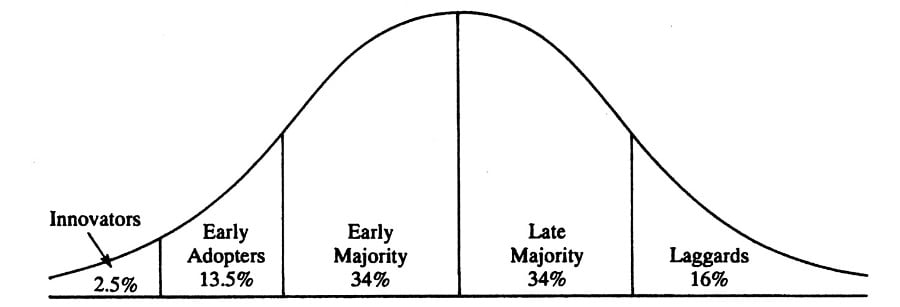Technology has undoubtedly transformed the way we live, work, and communicate; it is ingrained in our daily lives. It has become almost impossible to imagine life without it. However, with the benefits of technology come drawbacks, and our relationship with technology has increasingly become a topic of debate.
Technology has revolutionized the way we access information, learn, and communicate. We can now connect with people from all over the world through various platforms and apps. This has made it easier to maintain long-distance relationships, collaborate with people across borders, and expand our knowledge. It has simplified our lives by providing us with tools that save time and energy. For example, we can use apps such as Uber and DoorDash to instantly order and deliver food, book a car, pay, and even monitor our health. Additionally, technology has facilitated the growth of various industries, including healthcare, finance, and education, by providing innovative solutions and cutting-edge tools.
While technology has many benefits, it also has many drawbacks that affect our lives in significant ways. One of the most significant drawbacks is the impact of technology on our mental health. Social media platforms and instant messaging apps have made it easier to stay connected, but they have also set unrealistic standards and expectations. This can lead to anxiety, stress, and burnout, affecting our overall mental health.
We tend to talk about relationships often, which are an important part of life for us. Though we should consider the relationship in which we spend most of our time. Our devices, or in general technology, are with us constantly. According to the BBC, people spend nearly five hours on their mobile phones daily. This can begin to consume an individual, leading them to spend more time on their device than with loved ones.
Nowadays companies provide tools that help us track and limit how much time we are spending on our devices. These features also track what apps you are spending the most time on. When I first used the time limit feature, I realized that I was spending over five hours a day on my phone, though the majority of this was just streaming music.
I try to keep my online presence professional, appropriate, and classy. When Googling myself, you will find my LinkedIn profile, which is accessible and convenient for employers. You will also find my past photoshoots as I was previously a model. I currently work on social media platforms as an influencer, therefore, my content creations are also present. My overall image is very transparent and reflects who I am as a person.
Technology has undoubtedly made our lives easier, but we need to be mindful of its impact on our physical and mental health. We need to understand our relationship with technology. Why do we feel the need to pick up our phones and check social media first thing in the morning? If we observe these feelings right before we pick up the phone then we have the power to change the cycle. We need to develop healthy habits with technology and be aware of the addictive nature of technology. Technology already controls us, but we can still redefine the relationship.









